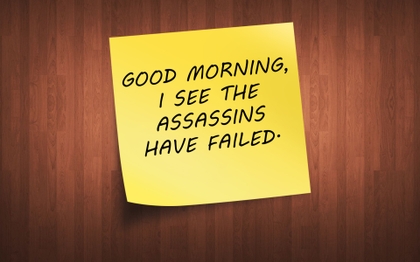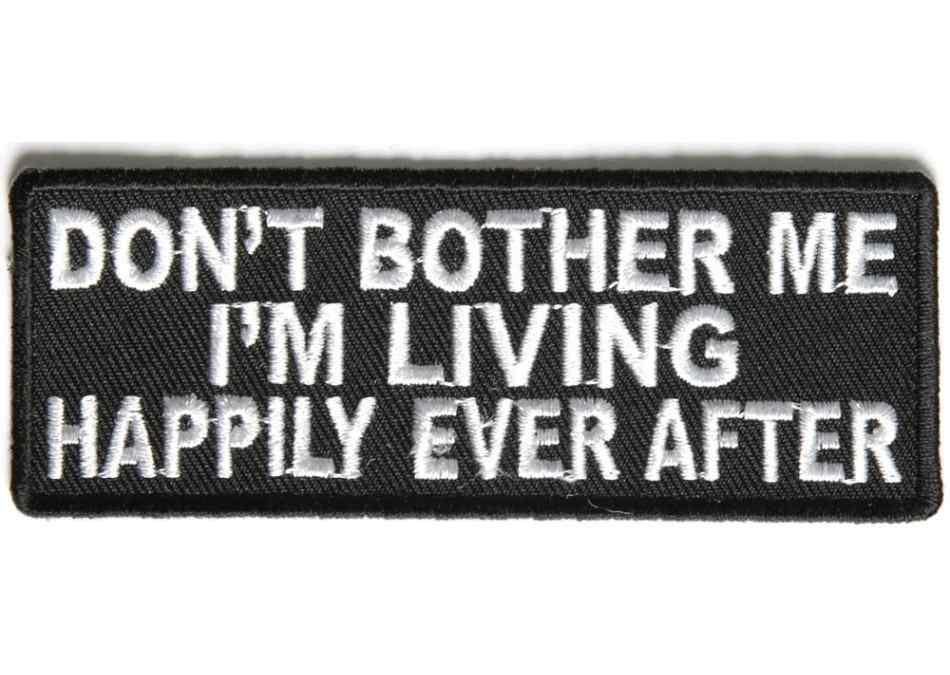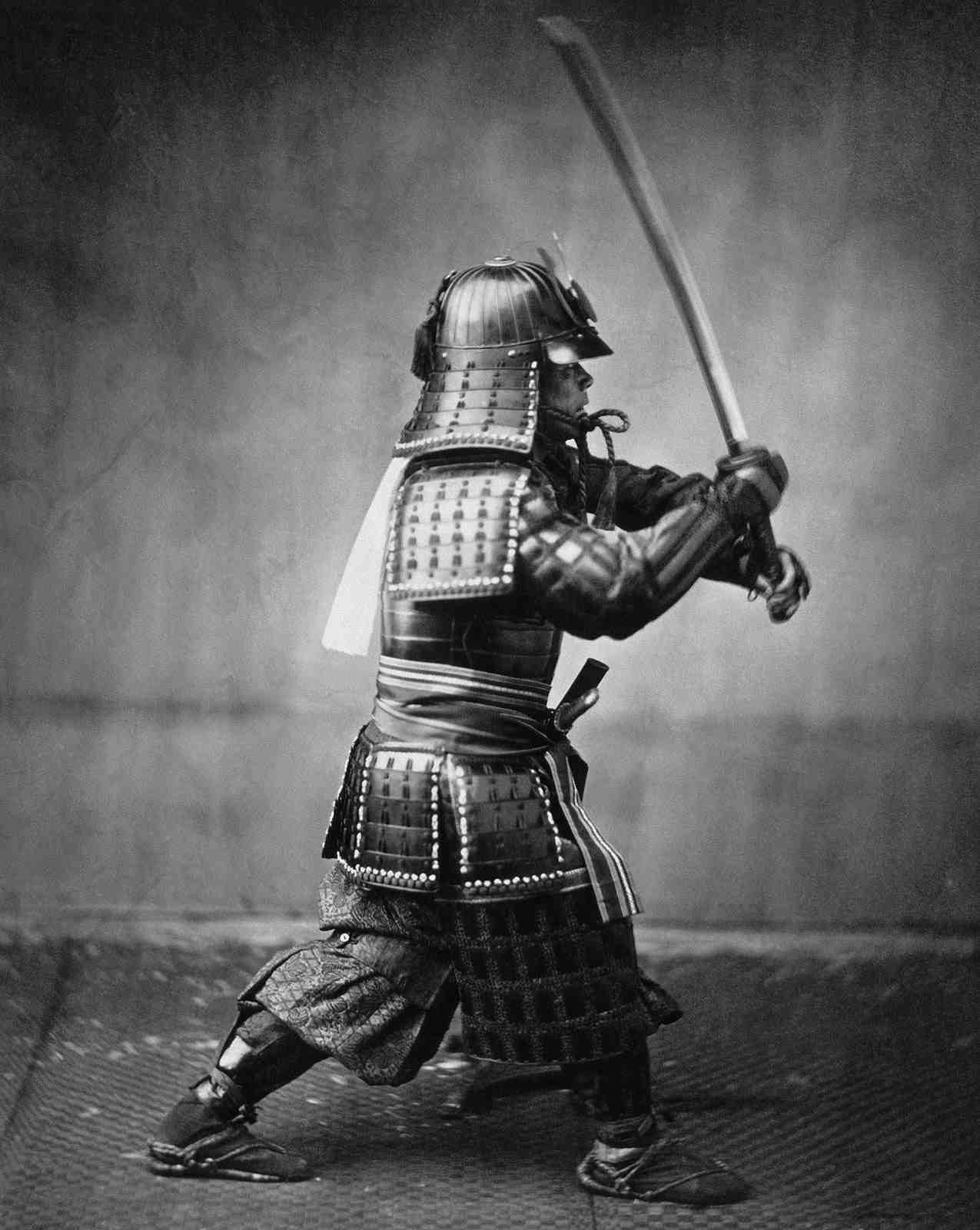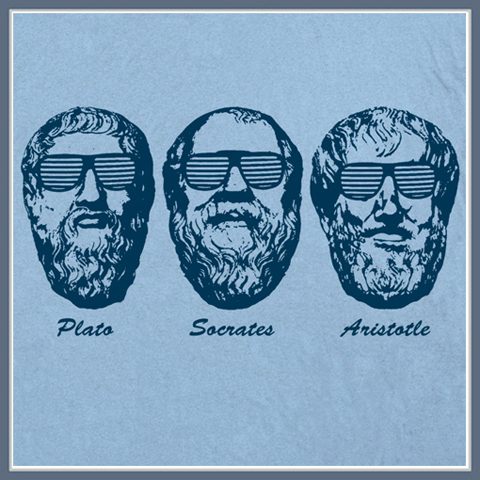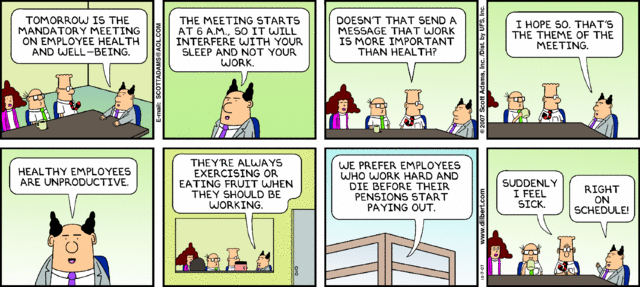How 5 Post-It Notes Can Make You Happy, Confident and Successful
ttle Reminders Create Big Changes You know why older people are happier? Research shows as we age we remember the good and forget the bad: ...older people shown pictures of faces or situations tend to focus on and remember the happier ones more and the negative ones less. Yeah, that's all it takes. So if you could just regularly get reminders of the good things in your life, well, you'd be halfway there... And it's not speculation -- research shows thinking about…
4 minutes
The Science Of “Happily Ever After”: 3 Things That Keep Love Alive
Daniel Jones, author of Love Illuminated, explains: we spend youth asking "How do I find love?" and midlife asking "How do I get it back?" Anyone in a relationship or who plans on being in one needs to know how to keep love alive over the long term. But how do you learn the secret to this? Everyone is happy to explain "how they met" but few give the details on "how they stayed together." So let's look at what…
6 minutes
How To Achieve Work-Life Balance In 5 Steps
hieving work-life balance can look impossible. And, frankly, it seems like it's getting harder. In the ten years from 1986 to 1996 work-life balance was mentioned in the media 32 times. In 2007 alone it was mentioned 1674 times. Via The ONE Thing: A LexisNexis survey of the top 100 newspapers and magazines around the world shows a dramatic rise in the number of articles on the topic, from 32 in the decade from 1986 to 1996 to a high…
4 minutes
How To Be More Satisfied With Your Life – 5 Steps Proven By Research
ve posted a lot about the research around how to be happier. But being satisfied with your life is something a little different. Daniel Kahneman, Nobel Prize winner and author of Thinking, Fast and Slow, gave a TED talk where he explained the two pretty well: Happiness is being happy in your life. We experience it immediately and in the moment. Life satisfaction is being happy about your life. It is the happiness that exists when we talk about the past and the big…
6 minutes
Lessons From The Samurai: The Secret To Always Being At Your Best
ading a few books by samurai there was one thing I saw repeated again and again and again that surprised me. It has nothing to do with swords, fighting or strategy. Actually, quite the opposite when you think about it. What did so many of history's greatest warriors stress as key to success and optimal performance? "Being calm." And it wasn't one random samurai mentioning it off the cuff. We're talking about some of the greatest samurai who ever lived writing about…
5 minutes
4 Lifehacks From Ancient Philosophers That Will Make You Happier
u've probably heard about Stoics or Stoicism -- and most of what you know is wrong. They weren't joyless bores. The ancient Stoics were the first lifehackers: The Original Gangsters of Making Life Awesome. Via A Guide to the Good Life: The Ancient Art of Stoic Joy: The Stoics...were very much interested in human psychology and were not at all averse to using psychological tricks to overcome certain aspects of human psychology, such as the presence in us of negative emotion. Awesome. But…
6 minutes
Interesting People: 7 Things They All Have In Common
ve posted a lot of research from experts on getting people to like you, being influential and having great conversations. What's the best way to use all this information to be more interesting? 1) First, Don't Be Boring Sometimes the best offense is a good defense. Look at it like the Hippocratic Oath of conversations: Do no harm. We're all terrible at realizing when we bore others because, well, we all think we're just fascinating. The #1 tip for never boring…
4 minutes
The Single Most Proven Way To Get Smarter And Happier
s, It's This Simple Many of the fixes for our problems aren't complex -- something that's clear in the things I recommend people do every day. What's a scientifically validated way to get smarter, happier, healthier and calmer? Stop reading this right now and go for a walk. It's that simple. Here's why. Exercise Powers The Body -- And The Mind They used to say you don't grow new brain cells. They were wrong. Via Spark: The Revolutionary New Science…
5 minutes
